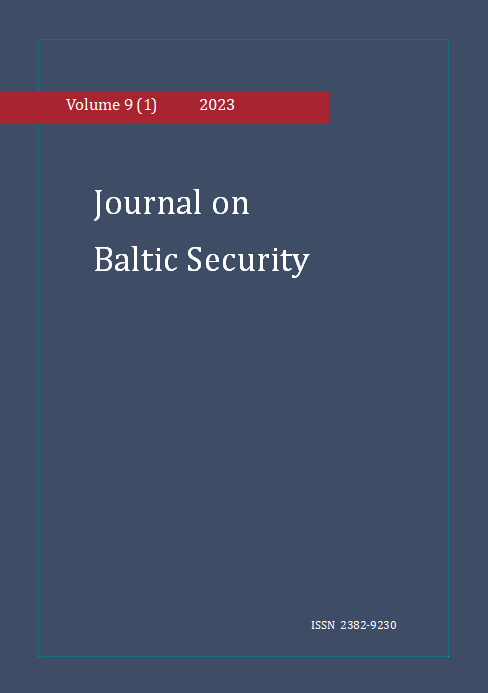Volume 9, Issue 1 (2023), June 2023

Order by:
Pub. online: 16 May 2023
Type: Research Article
 Open Access
Open Access
Abstract
Pub. online: 3 Mar 2023
Type: Research Article
 Open Access
Open Access
Abstract
Pub. online: 2 Jun 2023
Type: Research Article
 Open Access
Open Access
Abstract
Pub. online: 27 Jun 2023
Type: Research Article
 Open Access
Open Access
Abstract